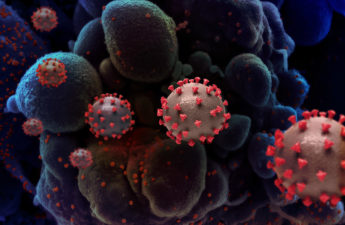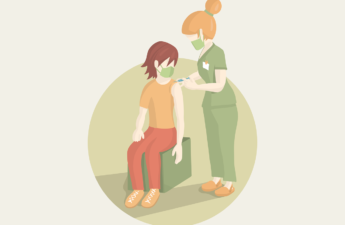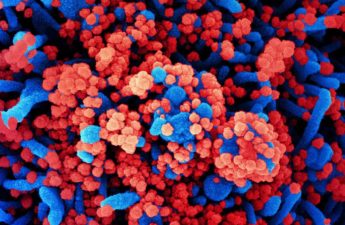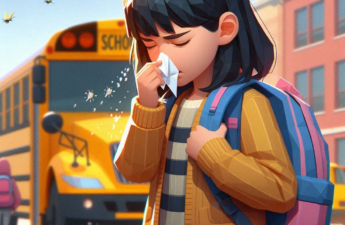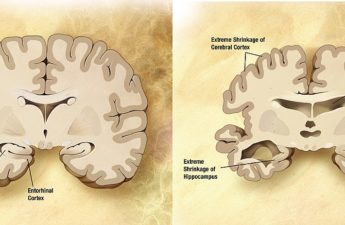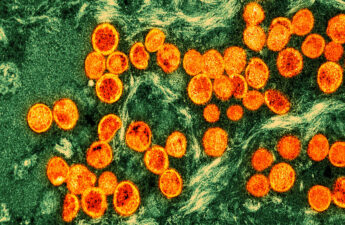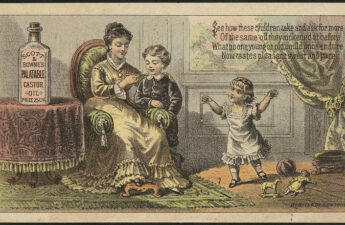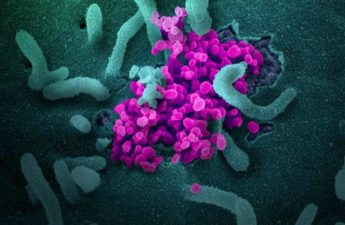Category: Drugs
Florida’s New Covid Booster Guidance Is Straight-Up Misinformation
In what has become a pattern of spreading vaccine misinformation, the Florida health department is telling older Floridians and others at highest risk from covid-19 to avoid most booster shots, saying they are potentially dangerous.
Clinicians and scientists denounced the message as politically fueled scaremongering that also weakens efforts to protect against diseases like measles and whooping cough.
With TV Drug Ads, What You See Is Not Necessarily What You Get
One study found that, among top-selling drugs, those with the lowest levels of added benefit tended to spend more on advertising to patients than doctors.
Health News Headlines
Covid cases surge – Measles in Oregon – OTC continuous glucose monitoring – Lower your cholesterol without a statin?
How did polio reemerge in Gaza after a quarter of a century? Q&A with a virologist
We asked a virologist to explain how the virus emerged in the region after all this time, and how it will be dealt with._
Health News Headlines.
Price cut for weight-loss drug – US heat deaths hit record high – Back-to-school shots fall – DEET safe?
The New Covid Vaccine Is Out. Why You Might Not Want To Rush To Get It.
The FDA has approved an updated covid shot for everyone 6 months old and up, which renews a now-annual quandary for Americans: Get the shot now, with the latest covid outbreak sweeping the country, or hold it in reserve for the winter wave?
Infectious diseases spike when kids return to school − here’s what you can do about it
Ready or not, back-to-school season is here, and kids will be bringing home more than homework. They’ll be carrying germs, too.
Health News Headlines
Medicare drug discounts – Dementia risk – Urban birds and antibiotic resistance
Mpox cases are soaring in Africa – what must be done to prevent a global pandemic
Alarmed by the surge in mpox cases, the Africa Centres for Disease Control and Prevention has taken the unprecedented step of declaring the outbreak sweeping through African countries a continental public health emergency. The World Health Organization (WHO) is also meeting to decide whether to trigger its highest global alert level over the epidemic.
Castor oil is all the rage among health influencers – what you need to know about this alternative remedy
Castor oil, which was once used by fascists in Italy as punishment because of its quick-acting laxative effect, is now a weight-loss trend on TikTok. Not drinking it, but rubbing it on your belly.
Influencers are also pouring it in their belly buttons and wrapping towels soaked in it around their midriff. They claim it can melt belly fat and help with bloating.
Health News Headlines
Measles cases triple – 400 million have had long covid – Pesticides on fruits and vegetables.
The Incidental Economist Takes an In-Depth Look at America’s Opioid Crisis
This compilation is a deep dive on the opioid crisis, thanks in part to funding by the NIHCM. Explore the history of opioids, the science of opioids, and learn about how and why attitudes and US policy regarding addiction treatment and opioid control need to change.
HEPATITIS C: A ONCE INCURABLE INFECTION CAN NOW BE CURED WITH 8 WEEKS OF MEDICATION
Hepatitis C is a liver disease caused by the hepatitis C (“hep C”) virus. Left untreated, hep C can severely damage the liver, causing illnesses like cirrhosis and liver cancer. The good news is that hep C can be completely cured. Public Health Insider sat down with Amber Casey, HCV (Hepatitis C Virus) Program Manager with Public Health, to learn more.
COVID infections spreading in Oregon, Washington and California
Washington saw 2,905 positive COVID tests in the week ending July 27. The weekly trend rate, which is determined by taking the number of positive tests divided by the population and multiplying by 100,000, is 36.9. The weekly rate of positive tests has gone up steadily over recent weeks. The average number of hospitalizations over the week ending in July 27 was 260. Just over 3% of hospital beds in the state were occupied by COVID patients.
Measles outbreak in Oregon continues to spread
The outbreak of 23 measles cases coincides with spreading cases of whooping cough, which have surpassed 400 this year


